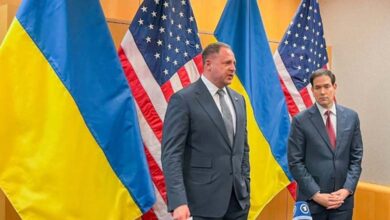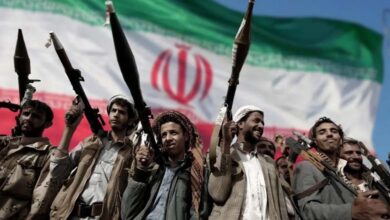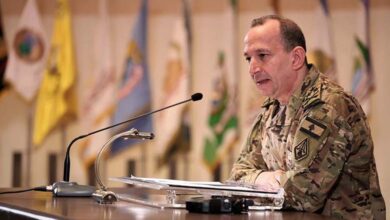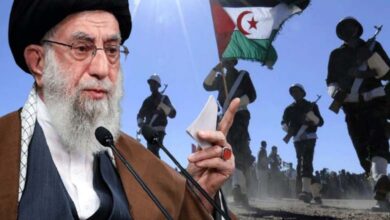Cairo consultations… last chance to address controversial issues and save the Libyan state
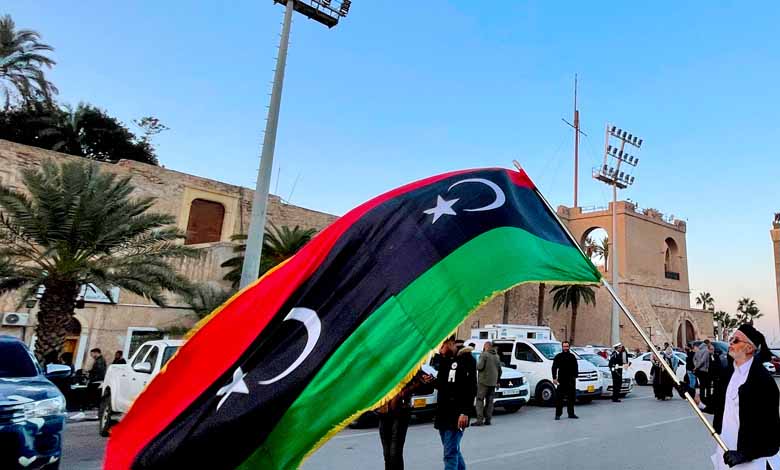
The Libyan-Libyan consultations continued in the Egyptian capital Cairo on Tuesday, the third day in a row, to discuss the crisis of the constitutional base in Libya, in the presence of the United Nations Secretary General’s advisor Stephanie Williams.
Reports indicate that the two parties have agreed to form committees, the Council of Representatives and the Council of State, whose task would be to work on the contentious issues between the two sides. This is a source of satisfaction and a promise of a solution after three rounds of negotiations between the two sides.
Participants in the consultations noted that the second day meetings started with consultations between the two sides, stressing that there are indications of a state of relative harmony between the Libyan House of Representatives and the State, amid anticipation to review the constitutional drafts and previous laws to resolve the crisis.
Subcommittees
A number of subcommittees were also launched, including members of the House of Representatives and the State Council. They worked on discussing the articles of local government in the draft constitution, where many proposals were put forward.
The conferees continue to discuss the amendment of the controversial points in the draft constitution, in order to reach a consensual basis, on the basis of which presidential and parliamentary elections will be held simultaneously.
Joint talks between the House of Representatives and the Supreme State Council in Cairo remain the last chance to salvage the constitutional process and return Libya to the path of elections and political writing away from the conflict of militias.
To settle the blood injection
Dr. Mohamed Hejazy, former assistant minister of foreign affairs of Egypt, said: Egypt’s hosting of the Libyan Constitutional Path Committee in Cairo is one of the pillars of Egyptian efforts to find a settlement that will spare the blood of the brothers, protect Libyan national territory and prevent the infiltration of armed militias, mercenaries and terrorists supported by regional forces that have taken the Libyan political scene hostage to the will of these militias.
Establishment of the Libyan state
Dr. Mohamed Hejazi added that these militias and parties linked to certain regional powers require action on several levels. At the level of the constitutional process, Egypt is hosting the third round for the purpose of laying the foundations agreed by the Libyan brothers of different factions, to launch the constitutional process leading to the building of the state and the establishment of the Libyan Republic linked to the interests of its people, distancing itself from the regional and narrow interests of the armed militias, and most importantly to rid the Libyan scene of elements that lead to the scene for greater complexity.
Hijazi said that perhaps the constitutional process leading to the establishment of the Libyan state and its institutions, the unification of the Libyan National Army and the launch of a political process based on elections that contributes to the achievement of security and stability, and the consent of the Libyan people in the form of the political administration and the institutions of the Libyan state, which Egypt sees as essential and necessary for consensus between brothers respecting all their interests, and most importantly, preserving the unity and integrity of the Libyan territories and benefiting from its wealth for the sake of the Libyans themselves.
He continued: “At the international level, Egypt is striving with the international parties to implement the decisions that have been adopted, whether the Cairo Declaration or the Berlin Conference 1 and 2. These are international declarations and positions that must be supported and supported and must not be delayed”.
Dr. Mohamed Hijazi noted that “the other work is based on strengthening the Libyan national authorities and providing all expertise and knowledge, hence the comprehensive Egyptian action, preserving the foundations of the Libyan state, and adopting positions that would contribute to finding the desired solutions for the Libyan scene in a way that achieves the national and regional interest, preserves peace and security, and preserves Libya’s wealth, unity, and territorial integrity”.



